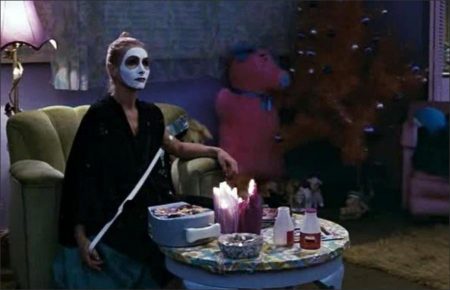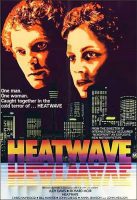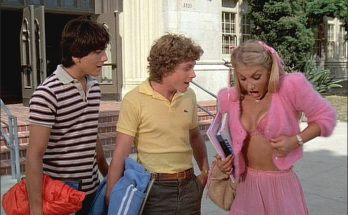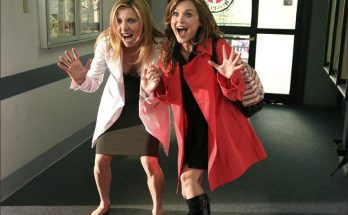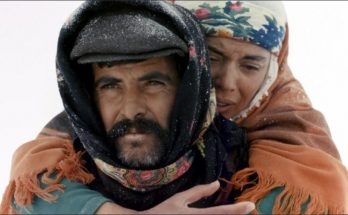Taglines: One man. One woman. Caught together in the cold terror of …Heatwave.
Heatwave was the story of a working-class Protestant boy who made good. I don’t know whether audiences realised that, but we had always assumed that he was a working-class Protestant and that Judy Davis’s character was a middle-class Catholic girl. She, in the Catholic saintly tradition, had adopted a social cause – had set herself up as the spokesperson and protector of the working class.
He, as a working-class boy, of course, was now forced to confront the moral implications of his own success and how that affected other people. In a way, the religious and ethnic backgrounds of the two characters were just a continuation of the conflicts that we had seen in Newsfront, but Australia had by this stage moved from a principally working-class and upper-class society to a principally middle-class society. That’s captured in the atmosphere of inner Sydney, its buildings and the regulations of law and government.
Heatwave is a 1982 Australian film directed by Phillip Noyce based on the murder of Juanita Nielsen. It was the second of two films inspired by this story that came out around this time, the first being The Killing of Angel Street (1981).
Heatwave (1982)
Directed by: Phillip Noyce
Starring: Judy Davis, Richard Moir, Chris Haywood, Bill Hunter, John Gregg, Anna Maria Monticelli, Dennis Miller, Carole Skinner, Lynette Curran
Screenplay by: Tim Gooding
Production Design by: Ross Major
Cinematography by: Vincent Monton
Film Editing by: John Scott
Costume Design by: Terry Ryan
Art Direction by: Dean Taucher
Music by: Cameron Allan
Distributed by Umbrella Entertainment
Release Date: May 18, 1982
Views: 108
